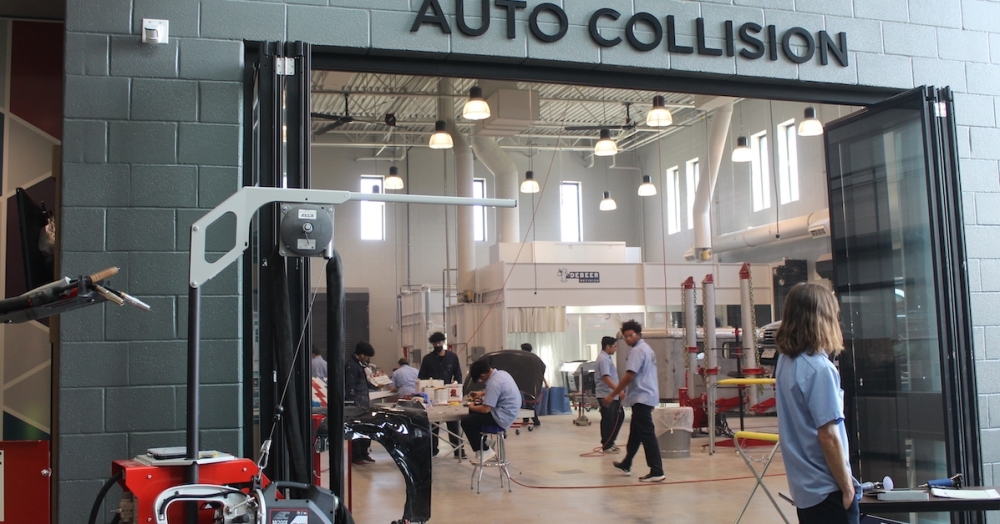Industry Features, Press Releases & Impact on Students, Schools and Communities

The Content Every High School Student Should Learn (But Doesn’t)
The United States is one of the few countries in the world that does not have a nationalized curriculum. The combination of local and state control allows for extraordinary leverage on outcome decisions and content alignment. Our country’s preservation of state’s rights empowers schools and states to contextualize both policy and implementation. Federal oversight comes, typically, with leveraged grants to encourage participation. The policies articulated in the No Child Left Behind Act and Every Student Succeeds Act fall into this category.
In many high schools in the nation, the traditional course sequence and graduation requirements remain static: four years of English, three years of math, three years of science, etc. Both mathematical and language literacies still hold major importance for every graduate. And, as the world becomes more complex and unpredictable, new consideration should be given to the required core content.
We talk a lot about the most innovative learner-centered schools that combine personalized, competency-based and project-based learning co-designed around real-world experiences. Here, content emerges from student interest in high-purpose topics while also linking to standards or competencies. These learning environments are challenging the Carnegie status quo and sit on the horizon of education. While important signals for the future of learning, they remain the minority.
Updating content areas would accelerate learning around three core types of skills expected by schools: core skills (typically the skills of writing, reading, mathematics, history, arts found in state standards), technological skills (industry skills earned through CTE programs, work-based learning, apprenticeships, career pathways, etc.), and transferable skills (durable skills, XQ). Weaving in the content below will create engaging and future forward ways to nurture the core, technological and durable skills while preparing young people to govern, contribute and thrive as adults. Read more from Nate McClennen and Mason Pashia.

Career and Technical Education in Lewisville ISD in Demand Among Students
Lewisville ISD's Career and Technical Education program had at least 878 students earning at least one industry-based certificate during the last academic year, according to an annual report presented Oct. 18 to the board of trustees. Overall, students earned 1,989 industry-based certifications for the 2020-21 school year as well as more than 1,300 automobile certifications, according to the presentation...
